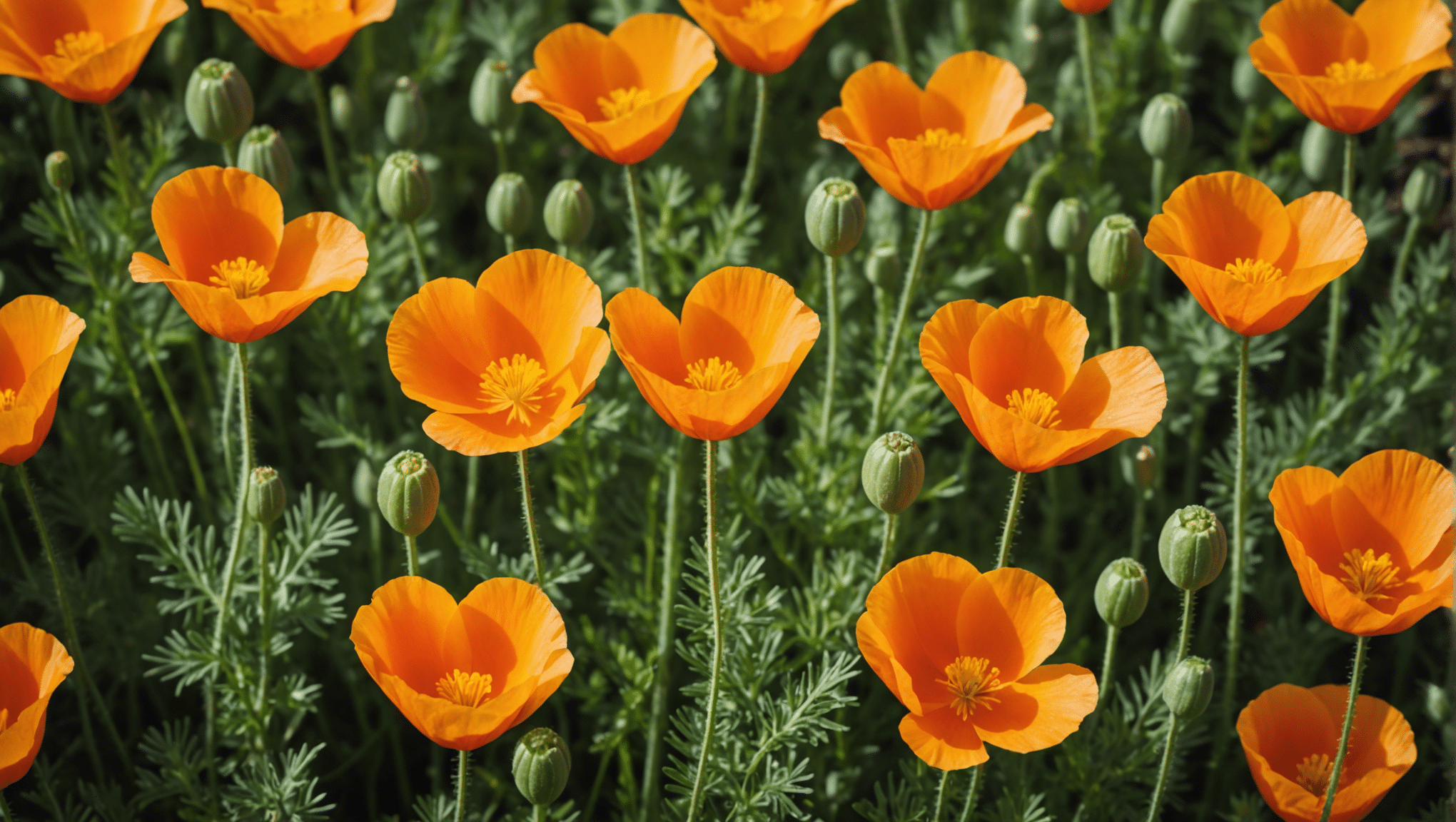The vibrant hues of the California poppy make it a delightful addition to any garden. Known for its resilience and simplicity in growing, this native wildflower offers a flourish of color from early spring through fall. With the right conditions and care, even novice gardeners can succeed in bringing this burst of sunshine into their landscapes. This detailed guide will walk you through the process of cultivating California poppies from seeds, covering preparation, planting, and ongoing care.
Choosing the Right Seeds
Selecting high-quality seeds is critical to the success of growing California poppies. It’s advisable to purchase seeds from a reputable supplier to ensure they are genetically pure and have a high germination rate. Consider the variety of poppy you wish to grow, as there are several species available, each with unique colors and growing requirements. Opt for organic seeds if possible, as they tend to produce more robust plants.
Preparing the Planting Site
California poppies thrive in full sunlight and well-draining soil. Choose a spot in your garden that receives at least 6 hours of direct sunlight daily. If your soil is heavy or clay-like, incorporate some sand or organic compost to improve drainage and texture. A slightly acidic to neutral soil pH is ideal, although California poppies are quite adaptable to different soil types provided they are well-drained.
Sowing Seeds Outdoors
The best time to sow California poppy seeds is in early spring when the risk of frost has passed, or in autumn, in warmer climates. To sow the seeds, follow these simple steps:
- Gently till the top layer of soil with a rake or hand trowel.
- Scatter the seeds lightly over the soil surface. California poppy seeds need light to germinate, so do not cover them with soil.
- Press the seeds into the soil gently with your hand or a flat board to ensure they make good contact with the soil.
- Water the area gently with a fine mist to moisten the seeds without causing erosion.
Maintain a moist soil environment until germination, which typically occurs within 10 to 14 days. Avoid overwatering, as this can cause the seeds to rot.
Caring for Young Plants
Once the seedlings have emerged, thin them to about 6 to 8 inches apart to allow for adequate air circulation and growth. Continue to water the seedlings regularly, allowing the soil to dry out slightly between watering to promote strong root development. During this stage, it’s crucial to keep the area weed-free. Hand-pulling weeds is recommended as hoeing or raking can disturb the shallow roots of the poppies.
Maintenance and Enjoyment
California poppies are relatively low-maintenance once established. They are drought-tolerant and often thrive on natural rainfall. However, during prolonged dry spells, a supplemental watering can help keep the plants vibrant. These poppies self-seed readily, so if you prefer not to have volunteer seedlings in the following season, deadhead the flowers promptly before the seed pods mature.
Common Issues and Solutions
While generally resilient, there are a few issues to watch for when growing California poppies:
- Overwatering: This can lead to root rot. Ensure your soil is well-draining and reduce watering once the plants are established.
- Pests: Aphids and whiteflies can occasionally be problematic. Use an organic insecticidal soap to manage these pests without harming beneficial insects.
- Poor Flowering: This can be due to excessive nitrogen. Avoid high-nitrogen fertilizers and instead opt for a balanced or phosphorus-rich formula to encourage blooming.
FAQs
Q: Can California poppies be grown in containers?
A: Absolutely! Ensure your pots have good drainage holes, and use a sandy potting mix for best results.
Q: Are California poppies perennials?
A: California poppies are technically perennials in their native range, but they are often grown as annuals in gardens due to their ability to self-seed prolifically.
The charm and simplicity of growing California poppies make them a favorite among gardeners looking to add a splash of color with minimal maintenance. By following these detailed steps, you can enjoy the vibrant beauty of these delightful blooms season after season.












